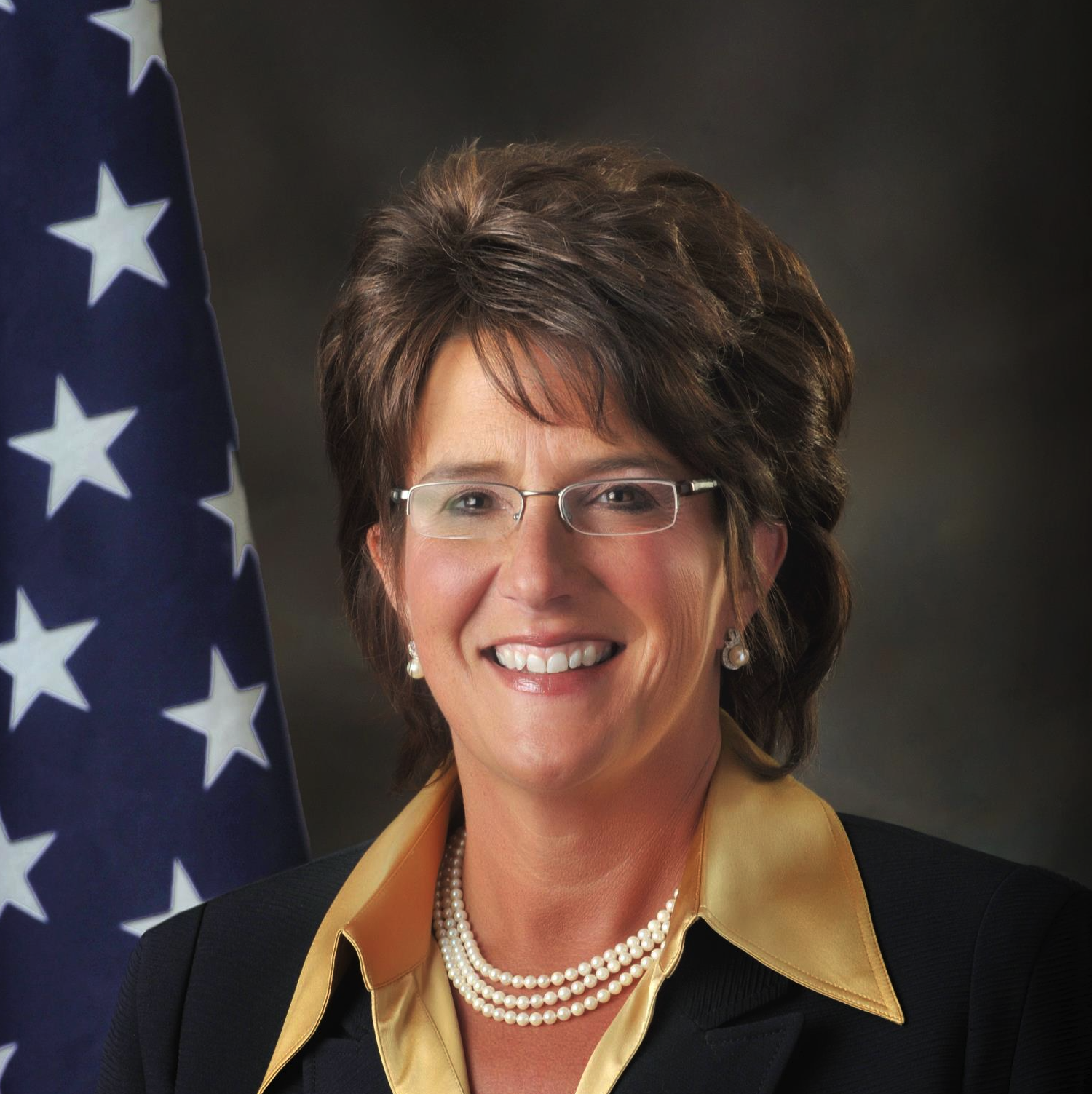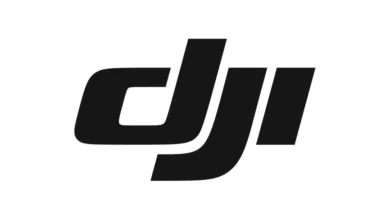Walorski Renews Tariff Exclusion Concerns
 Rep. Walorski
Rep. WalorskiU.S. Rep. Jackie Walorski (R-Ind.) this week sent Secretary of Commerce Wilbur Ross a second letter in as many months to outline her growing concerns that U.S. manufacturers and small businesses seeking relief from steel and aluminum tariffs are being treated unfairly.
Walorski represents the 2nd Congressional District of Indiana, serving as a member of the House Ways and Means Committee. She has not yet received a response to her letter dated March 11, that raised questions about the product exclusion process.
“Since the process was established 13 months ago, it has been a master class in government inefficiency and plagued by maddening inconsistency,” Walorski wrote. “There are ways to fix the process and, as has always been the case, I am raising these myriad issues in hopes of working with you to improve its fairness, transparency, and efficiency for all participants.”
A copy of the letter can be found here.
Walorski has pressed the Department of Commerce to fix problems faced by businesses requesting relief from Section 232 steel and aluminum tariffs. American businesses can request a product be excluded from tariffs if it is not available domestically in sufficient quantity or quality.
In response to concerns raised by Walorski last year, the Commerce Department adopted several changes, including the creation of a rebuttal and surrebuttal process.
On Feb. 26, the Department began releasing decisions for steel exclusion requests that went through that process. The first such decisions for aluminum requests were released last week.
Concerns and questions raised by Walorski in the latest letter include:
- Who has the burden of proof: the requester or the objector? Does the burden shift if a rebuttal or surrebuttal is filed?
- Given that the absence of a rebuttal results in a near-guaranteed denial (4.68% approval rate), why does the absence of a surrebuttal result in a low (37.76%) chance of approval?
- What is the process for renewing approved exclusions, which are generally valid for one year? Is there any expedited procedure to renew an approved exclusion?
- Does the Department verify an objector’s stated production capacity and plant capacity utilization?
- Why were certain requests with no objections denied rather than put into an expedited decision process? What information did the Department rely on in denying these requests if no objections were posted?
- What steps is the Department taking to ensure that it is not giving an unfair advantage to one competitor that requested an exclusion over another with a pending request for a similar or the same product?
- If certain requests were ineligible for an exclusion from the start because the source country was subject to a quota, why were they posted and put through the rebuttal and surrebuttal process?

